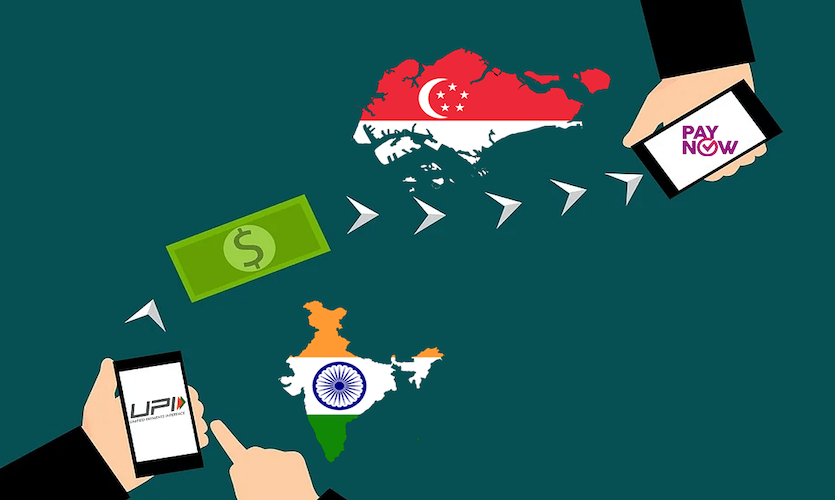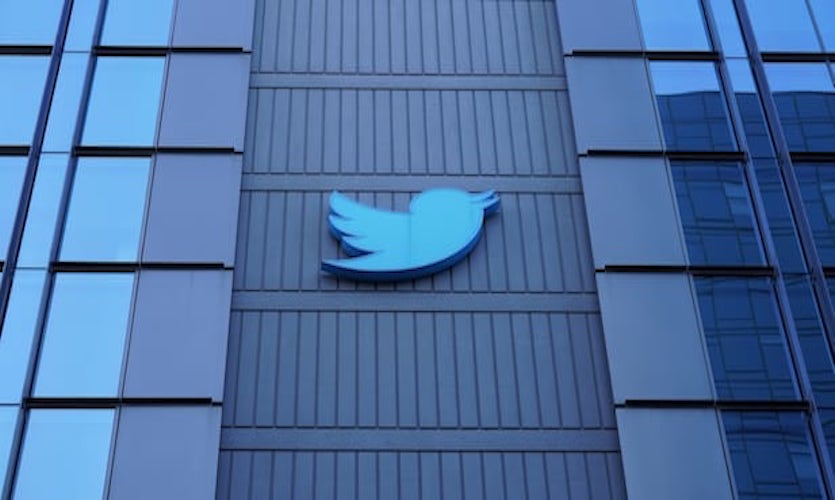Earlier this month, billionaire Sir Richard Branson’s spacecraft Virgin Space Ship (VSS) Unity launched above the skies of New Mexico. The spacecraft had two pilots guiding the vehicle carrying the billionaire founder and three Virgin Galactic employees, marking a new era of private space travel.
After spending 17 years on development and over a billion dollars on Virgin Galactic, Branson finally achieved his dream of reaching space. Speaking from the spacecraft’s cabin, he called the spaceflight the “complete experience of a lifetime”.
“I have dreamt of this moment since I was a kid, and honestly nothing could prepare you for the view of Earth from space,” Branson said after landing.
Today will witness the world’s richest man Jeff Bezos launch Blue Origin’s first unpiloted suborbital flight with an all-civilian crew aboard a New Shepard rocket. Coverage will start at 5 pm IST with the launch from its west Texas site scheduled for 6.30 pm IST.
SpaceX CEO and founder Elon Musk is also due to send his own “all-civilian” crew by the end of 2021 in a charity-focused mission commanded by tech entrepreneur Jared Isaacman. Musk has not mentioned if he plans on joining the mission.
Rich Boys’ Feud Over Space
Pioneering companies like Virgin Galactic, Blue Origin and SpaceX are paving the way for turning paying customers into astronauts for the first time and opening the world for space exploration.
Jeff Bezos, Elon Musk and Sir Richard Branson have a combined net worth of $400 billion. All three men have decided to put vast sums of their wealth into their space dreams, creating a modern space race in which ultra-rich men instead of countries aim for the stars. Non-state actors now have major stakes in the growing space economy.
New moguls are on a mission to play up the unique selling point of their space experience. Jeff Bezos announced last month that his space flight would take place on July 20. With a public relations win he also announced that he was taking 82 year old Wally Funk on his inaugural flight. Wally was one of 13 female astronaut candidates in the 1960s, all of whom were passed over by NASA in favour of an all-male astronaut corps. This trip is set to give her a long-denied taste of space.
Sir Branson’s Virgin Galactic was expected to take flight later this year. Post Bezos announcement, Branson rushed to announce his flight launch to two weeks ahead of Bezos’ journey.
After Virgin Galactic’s successful trip, a debate arose on the technicality of the flight actually reaching space. The Kármán line, the internationally recognised threshold where space is said to begin, is 62 miles above Earth (although that definition itself is also under review). Sir Branson’s craft only got to 53 miles. Bezos’ spacecraft plans to go 12 miles higher, for a brief amount of time.
Blue Origin’s Twitter account posted less-than-subtle statements on Friday. “From the beginning, New Shepard was designed to fly above the Karman line so none of our astronauts have an asterisk next to their name,” Blue Origin tweeted.
Bezos has also referred to Virgin Galactic’s Unity as “a high-altitude plane” that featured “airplane-size windows” compared to the New Shepard, which boasts the “largest windows in space”. He has also claimed that Blue Origin’s New Shepard will have only a “minimal” impact on the ozone layer, while Virgin Galactic will be “100x more harmful”.
The super rich companies have also been battling for government owned NASA space contracts and money. Musk’s SpaceX is widely considered the leader in the private space industry. In April 2021, NASA chose SpaceX to build the spacecraft to return humans to the moon for the first time since 1972, a decision Blue Origin has challenged. Musk reacted by tweeting: “Can’t get it up (to orbit) lol” in reference to Bezos’ so far unsuccessful efforts to launch a crew into space.
Blue Origin, meanwhile, is developing a separate, reusable heavy-lift launch vehicle – New Glenn – under a NASA contract, to supply satellite delivery capability, although the project has been stalled.
Read more: America’s Top 25 Billionaires Have Paid Close To No Taxes For Years: ProPublica
Will The Space Race Save Earth?
There are many untold benefits of humans travelling to space that go beyond interplanetary exploration. Space travel has spurred cutting edge medical technologies ranging from artificial limb technology and artificial hearts, to insulin pumps.
Even infrared thermometers, in-ear thermometers used in our daily lives, evolved from technology developed for space. According to NASA, the thermometers were initially intended to measure the temperature of stars and are now used to check the temperature of humans.
The robotic arm for the space shuttle Canadarm, and the International Space Station’s Canadarm2, inspired the NeuroArm, which performs brain surgery. Experts believe that the growth in tourist launches will drive the scale and sophistication of rockets, making overall access to space more affordable, similar to the way we achieved progress in the aviation industry. It is billionaires like Musk’s vision to use space tech to fly humans around the globe in less than an hour.
Space exploration holds a lot of value through satellite information that can be used to improve agricultural yields to tackle world hunger, or to facilitate fast and efficient disaster relief and emergency services, or to allow us to monitor the health of the planet and inform climate solutions. Critics believe that this current race led by billionaires does not add any scientific value.
As the world continues to battle pandemic and climate change, watching a few plutocrats spend billions for a visit that lasted a couple of minutes has been considered tone-deaf, especially since the achievement of suborbital spaceflight was reached by the first launch of Project Mercury, with Alan Shepard aboard the Freedom 7 capsule over 60 years ago.
Virgin Galactic says they have 600 confirmed customers and plan to start flights in early 2022. The company has said it will resume ticket sales after the summer’s test flights, with executives saying that fares will be higher than the prior price of $250,000 a seat.
If you are a space enthusiast without six figures of disposable income, unfortunately, flights that cost only four-figures, or even in the low five-figures, are not going to be available anytime soon.
We must remember that the future of space is bigger than Musk, Bezos, Branson or any of the upcoming moguls. Meanwhile, the common man can only hope that the rich who view the fragility of our earth from outer space will be inspired to prioritise the expansion of space technology to overcome our planet’s collective plight.









